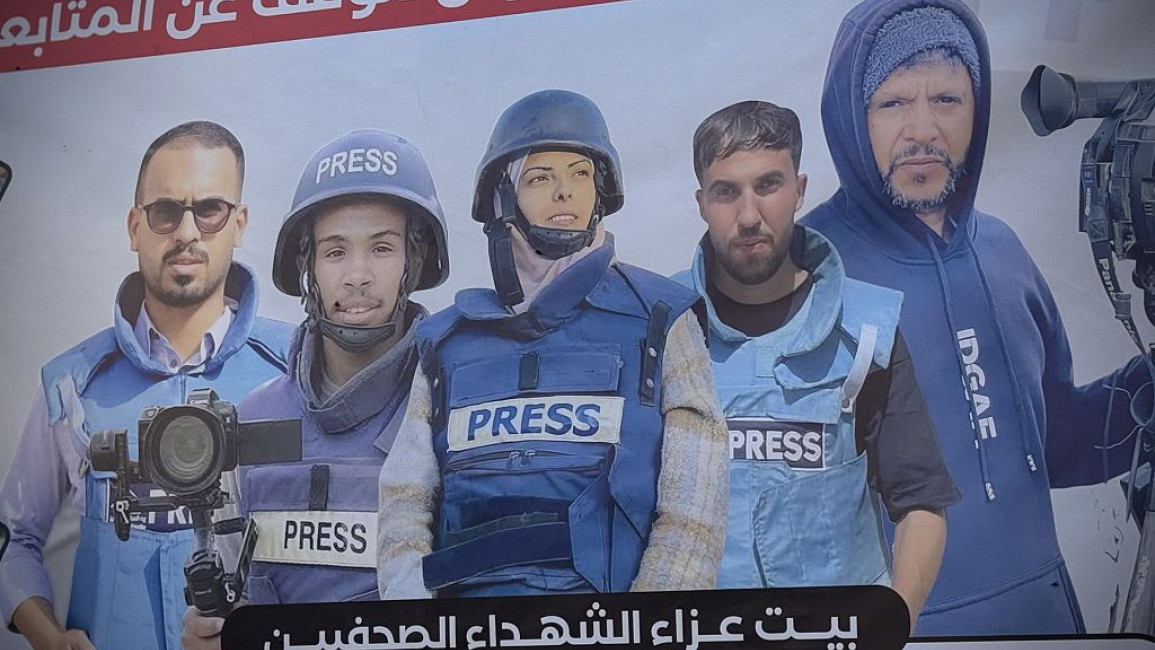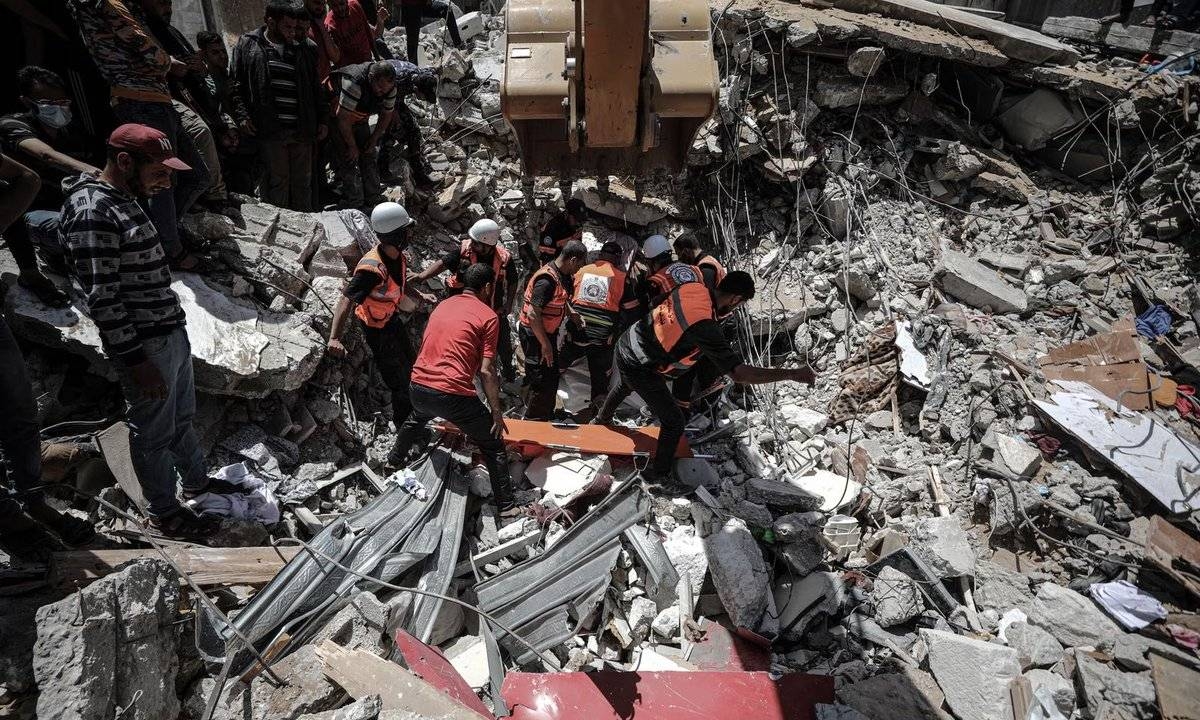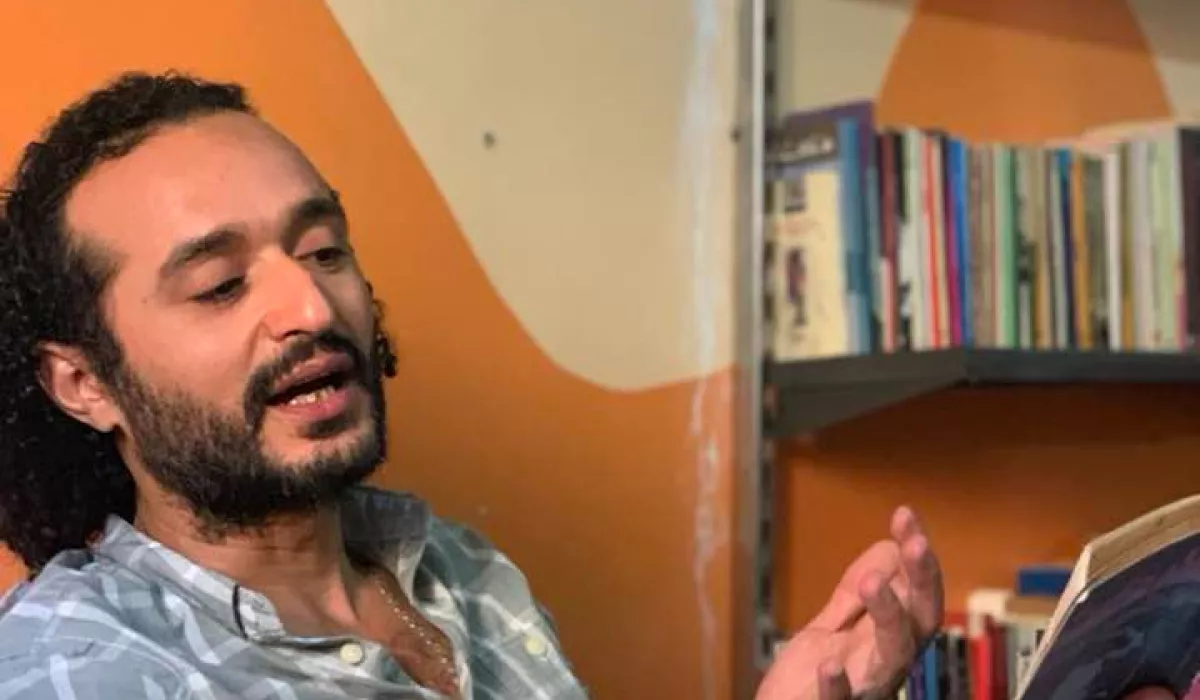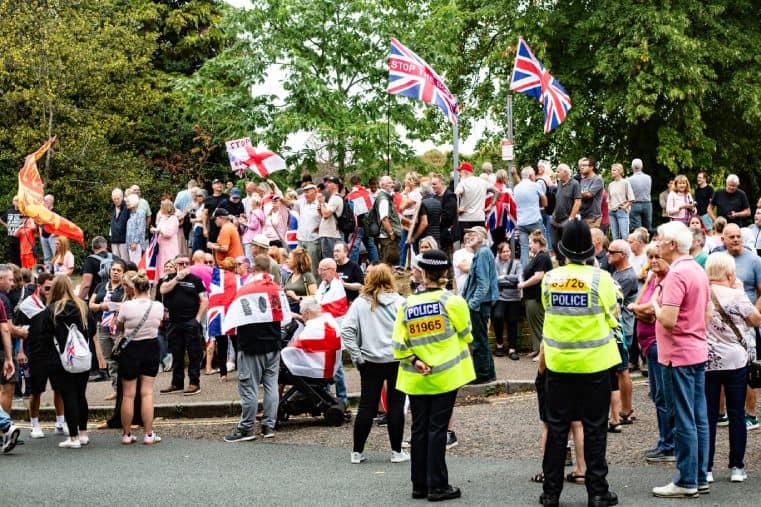
Journalists Targeted at Kent Anti-Asylum Rally
September 22, 2025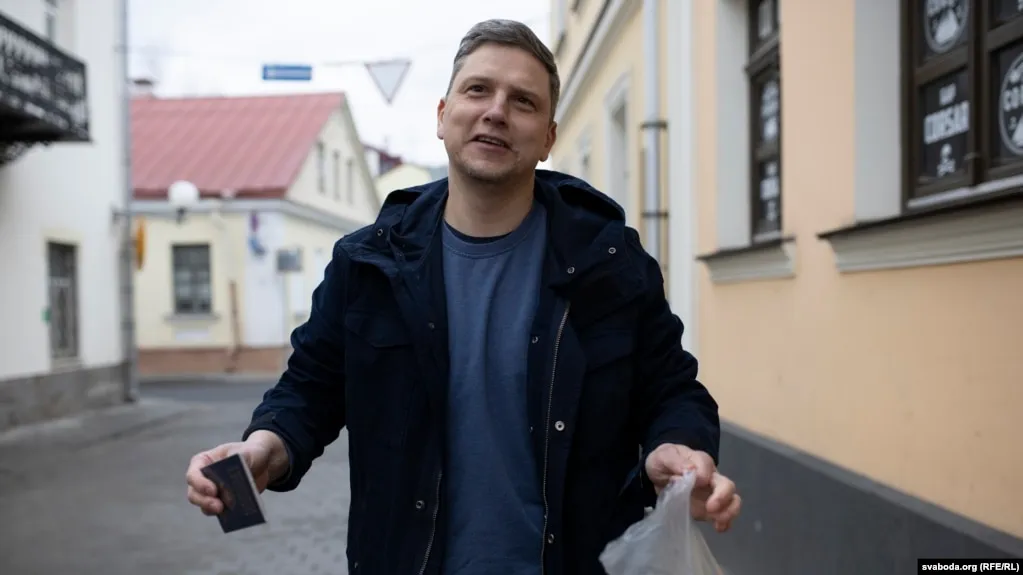
Pavel Mazheika Freed After Years in Belarusian Custody
September 22, 2025September 22, 2025 – Palestine –
Western media’s treatment of slain Gazan journalists often does not reflect tribute or accountability, but a deliberate distancing—reshaping narratives to absolve itself of complicity. In a recent opinion piece, Nour Balousha contends Western outlets report such deaths not to honour the fallen, but to sanitize their own role in normalizing the violence.
Rather than centering Palestinian lives or interrogating the structural forces that render journalists vulnerable, Western coverage frequently frames such losses as inevitable tragedies—acts of war beyond moral judgment. The underlying message: journalists who die in Gaza are collateral, not evidence of systemic targeting or the failure of reportage.
A parallel analysis emerges in The Sharp Contrast: How Israeli and Western Media Cover the War on Gaza, published by the Al Jazeera Media Institute. It finds some Israeli outlets—surprisingly—carry more critical coverage of their own government’s actions than many Western newsrooms, which often adopt a narrative that downplays Israeli culpability.
This gap reveals a deeper structure of bias. Western media not only omit context—such as occupation, siege, and power asymmetries—but also de-emphasize attacks on journalists, even when evidence suggests deliberate targeting.
The result is a discursive erasure: the lived dangers and deliberate constraints faced by Palestinian journalists grow invisible. Some Western outlets emphasize calls for access—“let foreign correspondents in”—while sidelining the fact that local reporters are under siege from all sides.
In this storytelling architecture, Palestinian journalists become faceless losses in a broader conflict, serving as narrative props rather than agents. Their deaths are framed as side effects rather than proof of a sustained campaign to silence Gazan testimony.
Thus, the Western media’s distance is not accidental: it is part of how power shapes not just on-the-ground violence, but also the stories we are allowed to tell—and the ones we are not—to remember.
Reference –
https://institute.aljazeera.net/en/ajr/article/3081
https://www.newarab.com/opinion/how-western-media-distances-itself-gazas-slain-journalists

